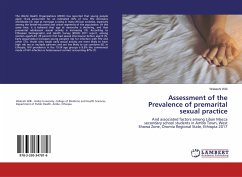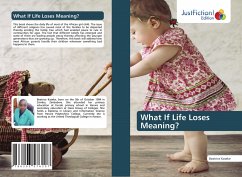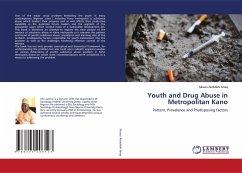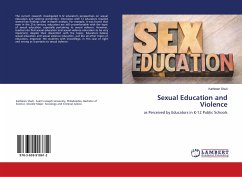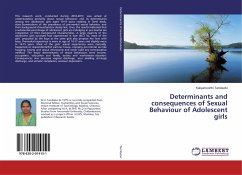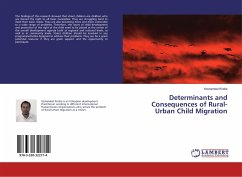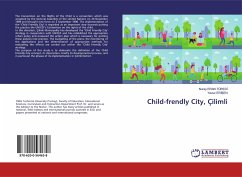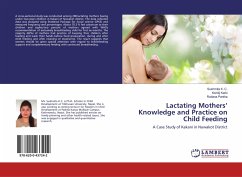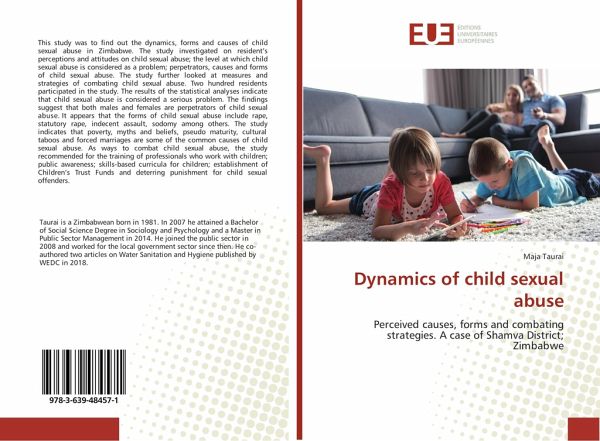
Dynamics of child sexual abuse
Perceived causes, forms and combating strategies. A case of Shamva District; Zimbabwe
Versandkostenfrei!
Versandfertig in 6-10 Tagen
27,99 €
inkl. MwSt.

PAYBACK Punkte
14 °P sammeln!
This study was to find out the dynamics, forms and causes of child sexual abuse in Zimbabwe. The study investigated on resident's perceptions and attitudes on child sexual abuse; the level at which child sexual abuse is considered as a problem; perpetrators, causes and forms of child sexual abuse. The study further looked at measures and strategies of combating child sexual abuse. Two hundred residents participated in the study. The results of the statistical analyses indicate that child sexual abuse is considered a serious problem. The findings suggest that both males and females are perpetra...
This study was to find out the dynamics, forms and causes of child sexual abuse in Zimbabwe. The study investigated on resident's perceptions and attitudes on child sexual abuse; the level at which child sexual abuse is considered as a problem; perpetrators, causes and forms of child sexual abuse. The study further looked at measures and strategies of combating child sexual abuse. Two hundred residents participated in the study. The results of the statistical analyses indicate that child sexual abuse is considered a serious problem. The findings suggest that both males and females are perpetrators of child sexual abuse. It appears that the forms of child sexual abuse include rape, statutory rape, indecent assault, sodomy among others. The study indicates that poverty, myths and beliefs, pseudo maturity, cultural taboos and forced marriages are some of the common causes of child sexual abuse. As ways to combat child sexual abuse, the study recommended for the training of professionals who work with children; public awareness; skills-based curricula for children; establishment of Children's Trust Funds and deterring punishment for child sexual offenders.



